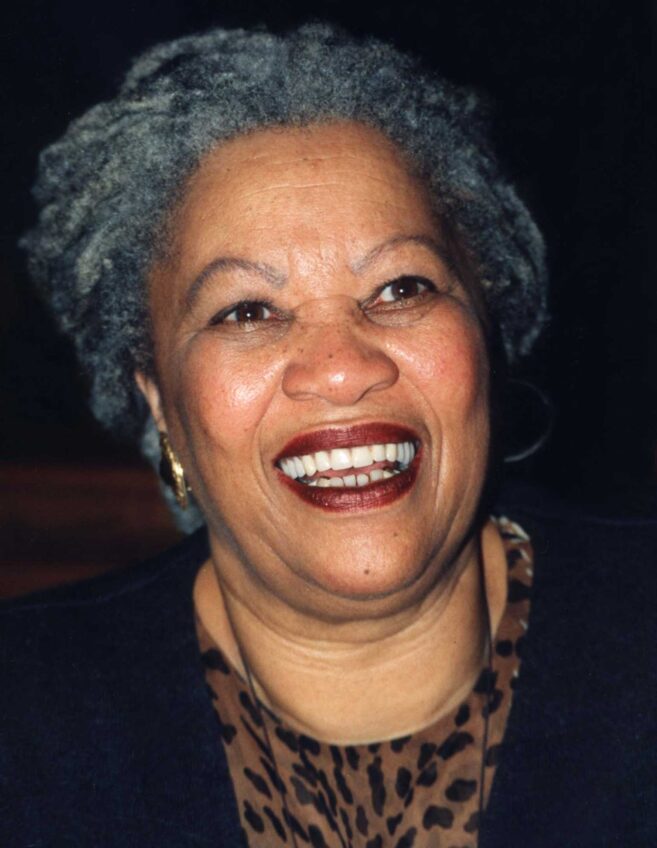Milton’s vote to ignore the MBTA Communities Law ignores the twin realities of our climate and transportation crises and what they mean for environmental justice communities.
Anyone who lives in Boston or its surrounding towns knows that our region is in the thick of a housing crisis. Vacancies are scarce, rents are unaffordable, and home prices are through the roof — for those lucky enough to have one. What we hear less often is that our housing problem is about more than just bricks-and-mortar scarcity. At its root, it coalesces with two other mounting crises — climate and transportation — to create a trifecta of issues hitting low-income and Black and Brown communities the hardest.
If we don’t act now to address these problems, acknowledging how they most heavily burden those in historically redlined and under-resourced communities, we will leave those communities behind. That’s not fair or equitable. It simply cannot be an option.
When the Town of Milton voted last month to ignore a state law requiring MBTA-adjacent cities and towns to establish zoning districts where multi-family housing can be built, it set a troubling head-in-the-sand precedent. The message was not overt but was there: Let’s keep our towns and suburbs as they are today. That is, predominantly white, too expensive for middle- and low-income families and too limited in housing options for older folk looking to downsize or young folk just getting started. Let’s ignore the need to use public transit to cut carbon emissions. And let’s pretend that our choice will not have a ripple effect that forces some of our neighbors, many of them Black and Brown, into substandard housing or out of the region altogether.
We must understand and rebuff these underlying messages, for they do not represent our state’s collective values.
Though the MBTA Communities Law is not perfect (for example, there are no affordability requirements which are needed to fully address the housing crisis), it is a step in the right direction. It acknowledges that multi-family housing is a critical component in creating healthy, thriving, inclusive communities. We all win when more of us can find stable, secure, and safe housing adjacent to public transit. Fewer people need cars, which lowers our carbon emissions and improves our air quality and health. More people riding trains and buses means more revenue for the MBTA. More revenue for public transit means better public transit, with more funds for critical improvements and expansion. And that helps the Boston economy. Companies can attract workers, and workers can get to jobs on time. But the benefits don’t stop there.
There are countless social benefits, too, especially for those in low-income communities. Families living close to transit can more easily get to school and work. They broaden their educational and job opportunities. They can access health care and participate in the city’s cultural offerings. These societal goods extend far beyond town lines and enrich our entire region.
And we shouldn’t forget another essential benefit of these rezoning efforts. They chip away at the structural racism embedded in many original zoning laws. As highlighted by a recent report, zoning laws that restrict housing are often done to maintain a community’s racial makeup.
Communities embracing transit-oriented multi-family housing (and most have, including border towns like Brookline and Cambridge) understand the breadth and scope of today’s problems. By recognizing that these issues are connaected, these communities have positioned our region to move into a clean energy future in a just and equitable way.
Towns and cities must seize this moment to address our housing crisis in a comprehensive way — we can enjoy more affordable housing, our transportation system can emit less climate- and health-threatening pollution, and our communities can thrive. This is all possible. We must take this opportunity to build multi-family housing close to transit, which will help the planet as we create more housing opportunity for all. Let’s not miss the train.
Britteny Jenkins is vice president, Environmental Justice at Conservation Law Foundation.






